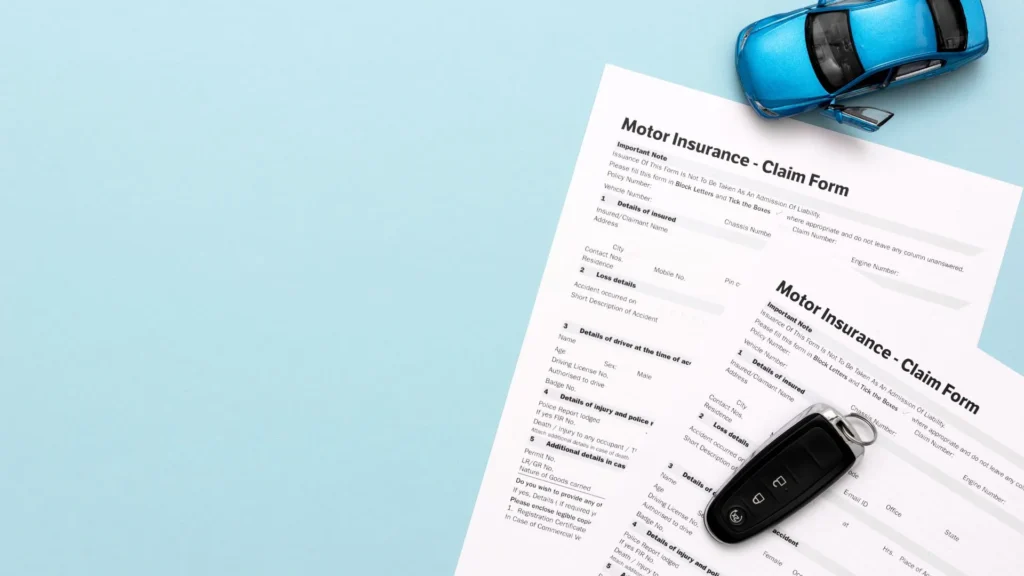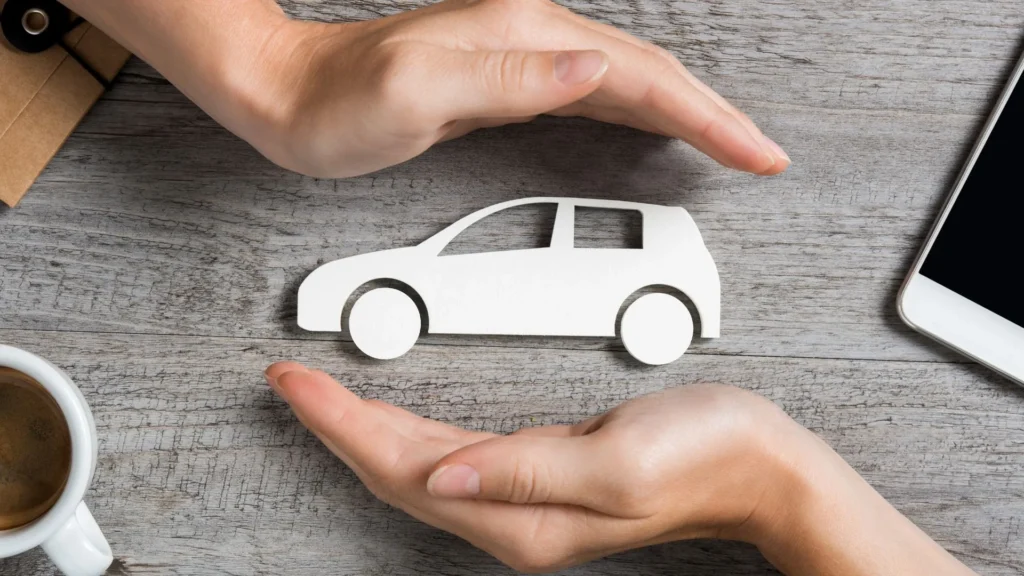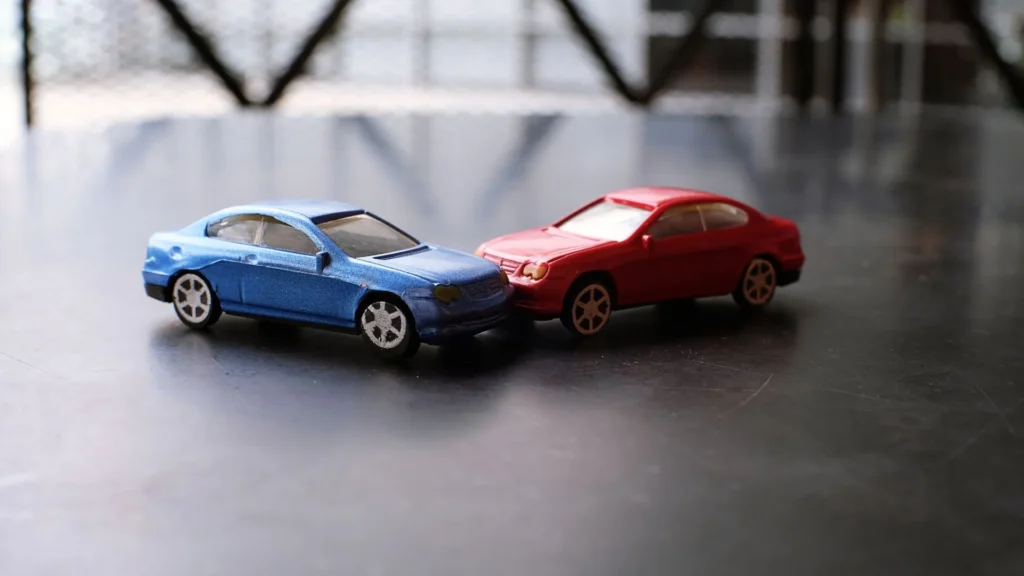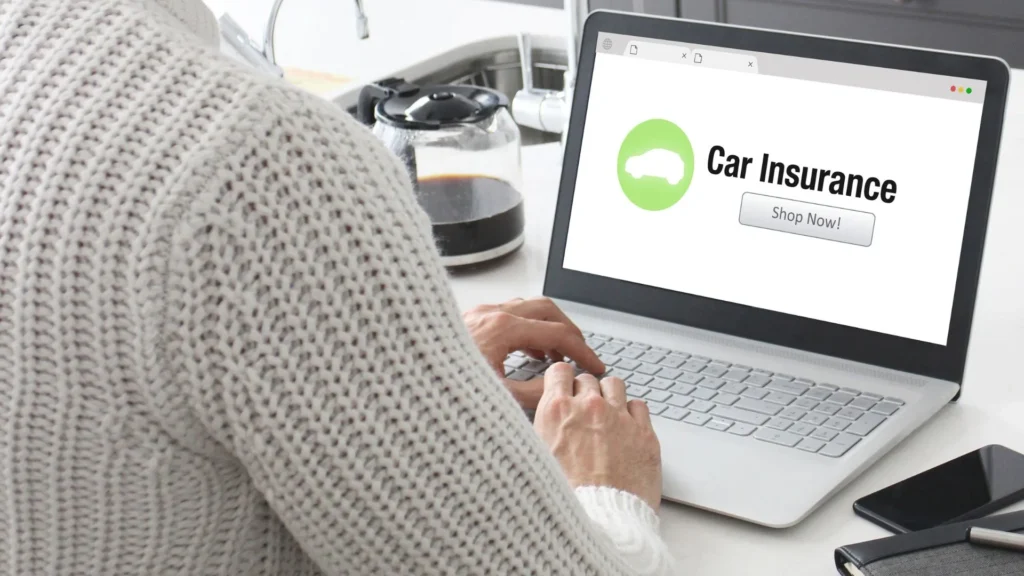How does car insurance work? A standard car insurance policy covers the damage caused to your vehicle and protects you financially if you are accountable for someone else’s injuries. If an uninsured/unsecured driver hits your vehicle, your auto insurance will help pay the medical bills. Your policy will protect you up to a specific limit you and your insurer approve.
Auto insurance also helps meet any minimum coverage requirements mandated by your state. In this blog, we’ll discuss how car insurance works, common types of coverages, and tips to help you find the best-suited insurance.
What Is Car Insurance?
Car insurance offers financial security in the event of a collision, non-collision occurrence (such as a fallen tree or bad weather), or vehicle theft. The insurer will cover expenses in return for a premium or the cash you pay for your coverage. It may include damage to property or bodily injuries you or another motorist or passenger suffered, depending on your choice of policy you choose.
Your insurance provider sets the limit or the maximum amount it will pay on a claim. They serve as the foundation of any policy. Several coverage types include deductibles or the sum you have to pay before your insurer covers the remaining costs.
Why Do You Need Car Insurance?
Except for New Hampshire, auto insurance is mandated by all state authorities. If you get caught driving on the road without insurance, you end up paying a fine. Authorities can suspend your license or you may have to serve jail time. Most insurers will ensure the policies you select meet your state’s requirements.
Remember, your auto insurance doesn’t cover maintenance, mechanical failures or wear and tear that has happened to your vehicle.
also know about: how does car insurance work
How Does Car Insurance Work?
Understanding how car insurance works is critical to ensure you are protected every time you are behind the wheel. You can start by finding a reputable insurance provider for appropriate coverage for your vehicle. Your car insurance will assist with paying for bodily injuries or damage to your vehicle in case of a car accident after you file a claim.
Research the coverages for your vehicle, get quotes from different insurers and buy the most appropriate car insurance for you.
Types of Car Insurance Coverage
Auto insurance provides coverage for multiple disasters that happen on or off-road. These coverages differ from state to state. Here are some standard coverages that are on most auto insurance policies:
- Liability coverage: In 49 states, auto liability coverage is mandatory. Suppose you are at fault in an auto accident. In that case, the liability coverage will look into payment for damage to other vehicles, objects, and harm to other drivers and passengers if you are responsible for an accident.
- Comprehensive coverage: In case of theft, damage to the windshield due to trees falling, vandalism, and other mishaps, comprehensive coverage will protect the damage caused to your car.
- Collision coverage: If your car overturns or crashes with another vehicle, collision coverage will cover that up.
- Medical payments/ Personal Injury Protection (PIP): PIP is a broader coverage accessible only in states that need it to be posed. Both policies cover the medical bills if you or your passengers are hurt during a car accident.
- Uninsured/ Underinsured Motorist Bodily Injury (UIM) and Property Damage (UMPD): If a driver without insurance or lack of enough coverage hits you, UMI will pay for the damage caused to you and your passengers. UMPD, on the other hand, will take care of the expenses concerning the damage caused to your vehicle in an accident with an underinsured or uninsured driver.
Other optional coverages include reimbursement for rental cars, loan/lease payoff and assistance on the roadside.

How Much Does Car Insurance Cost?
Many factors are considered by car insurers while pricing your policy. Some factors include your age, driving history, car type and location. The average cost of car insurance is $58 per month for minimum coverage.
Car insurance is deductible for the expenses you pay from your pocket before your insurer will cover your request. For instance, you have a $500 deductible. You hit a telephone pole, and the repair cost for your car is $2000. You will pay $500, and the remaining $1,500 will be paid by your insurer. The deductible amount can be chosen by the options that your insurer offers.
How Long Does It Take To Get an Insurance for a Car?
It doesn’t take too long to get insurance for your car. You can insure your vehicle in less than an hour if you know what you want. But if you compare car insurance quotes from many other providers and then check your coverage limits, the process will take some time, even a few hours.
You can get the best quotes by giving the insurer details about your car, driving history, and other personal data. However, if you are still determining what kind of coverage you want, you can do some research which can take more time to decide.
Looking up quotes and comparing them takes a long time, but it saves you hundreds of dollars. You can take help from an insurance agent or a broker to get options. This is the primary step needed to get insurance for your car. Remember, you can limit the number of companies you get your quote from.

How do I File a Car Insurance Claim?
You must notify your insurance provider if your car was involved in an accident that caused bodily damage to your vehicle. Once you contact the insurer, it will assign a claims adjuster. They will analyze the damage done to your car and determine the amount the insurer is obligated to pay you as per your policy.
Confirm with your insurer what information you must provide to process your claim. It can vary from photos of the damaged car to any documentation, such as a police report if there is one. If another driver hit your vehicle, you must provide their insurance information to your insurer.
Once your car is repaired, the insurance company can directly pay the shop or reimburse you for the damages. However, you’ll be responsible for covering your policy’s deductible.
Conclusion
To answer the question: How does car insurance work? It provides financial protection for drivers during an accident, vehicle damage, theft or personal injury. In the absence of car insurance, drivers can risk financial ruin every time they are behind the wheel. Severe accidents can cost hundreds of thousands of dollars in property damage and bodily injuries if you don’t get insurance. Different types of car insurance coverage work differently, depending on what kind of damage is caused and what state the accident occurs in, among other factors.





























